Group Whose NIH Grant For Virus Research Was Revoked Just Got A New Grant

Enlarge this image
This Bornean horseshoe bat and other bat species can harbor coronaviruses. The nonprofit group EcoHealth Alliance had its NIH research money cut for a project in China on bats and coronaviruses this spring — but just got a new multimillion dollar grant from the agency.
NHPA/NHPA/Science Source
hide caption
toggle caption
NHPA/NHPA/Science Source
Goats and Soda
Why The U.S. Government Stopped Funding A Research Project On Bats And Coronaviruses
At the time that grant was revoked, conspiracy theories suggested the virus may have emerged from the Wuhan lab. As NPR has reported, many scientists who study viruses called that scenario nearly impossible. The grant was cancelled days after President Trump was asked at a White House press conference about the use of funds from the grant to pay the Wuhan lab.
The termination prompted outrage among the scientific community. In May, 77 Nobel Prize-winning American scientists signed onto a letter denouncing the cancellation of the grant, saying the move set a «dangerous precedent by interfering in the conduct of science and deprived «the nation and the world of highly regarded science that could help control one of the greatest health crises in modern history and those that may arise in the future.
In July, NIH sent EcoHealth Alliance a letter saying that it would restore funding for the earlier grant if it met certain conditions. Those conditions included obtaining a sample of the SARS-COV-2 virus that the Wuhan lab used to determine its genetic sequence and arranging for an independent team to examine the Wuhan lab and determine whether it had possession of the SARS-COV-2 virus prior to December 2009, according to reporting by The Wall Street Journal.
The letter also demanded that EcoHealth figure out the whereabouts of a scientist at the Wuhan lab whose photo was removed from its website, the paper reported. The scientist has been the focus of internet conspiracy theories suggesting she was in fact «patient zero for the coronavirus. The Wuhan Institute of Virology has previously said that the scientist in question was a graduate student who had finished her master’s degree and moved on to other work.
Daszak confirmed NIH’s conditions for restoring the prior grant to NPR and called them «preposterous. «I’m not trained as a private detective, he says. «It’s not really my job to do that.
- Wuhan Institute of Virology
- virus research
- EcoHealth Alliance
- coronavirus
- bats
- NIH
Обсудим?
Смотрите также:

